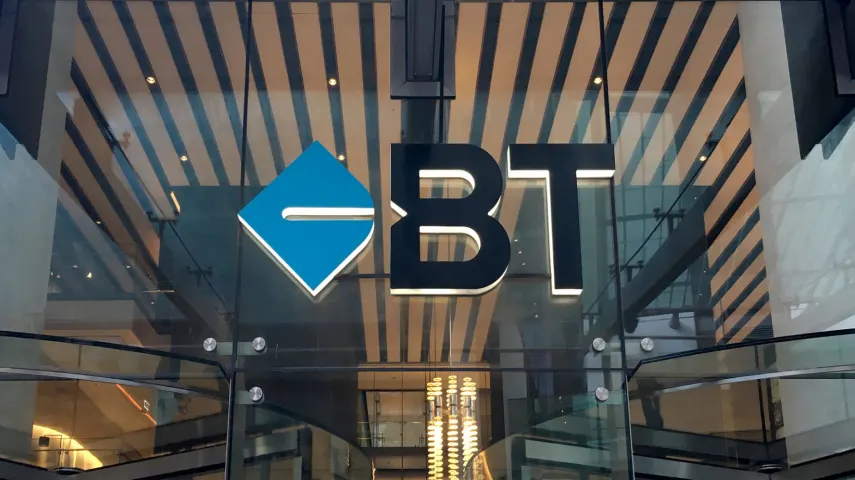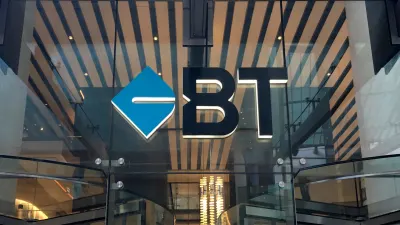Will BT Focus platform mean more profitable practices?



The launch of a low-cost menu for BT Panorama will allow advisers to service a wider range of clients from one platform and make it more competitive, according to specialist Recep Peker.
Last week, BT announced it will be launching a low-cost investment menu called Focus on 1 October, which will offer four Vanguard passive diversified portfolios and seven active single-sector managed funds, including Australian shares, international shares, and fixed income. This will sit alongside its existing Full and Compact options.
There will be a $60 annual account-based administration fee and 0.15 per cent annual asset-based administration fee up to balances of $1 million.
Commenting on how this places BT Panorama against its platform rivals, Peker, managing director of platform research service SuitabilityHub, said it makes BT a more viable option for advisers who service a broader range of clients.
It will also mean lower balance clients can start out on Focus and transition onto Compact or Full as their needs and assets grow, maintaining their relationship with BT throughout the life cycle.
Compared to platforms like Netwealth and Praemium, which are targeting high-net-worth clients, Peker said BT Panorama sits in the middle ground with a target market of affluent and mass affluent.
“Having this menu will mean BT can offer a consistent service to a wider range of clients from one place. It can be used for both low and high-balance clients which is good for advisers who have a broad client base rather than a specialised one and it makes BT more competitive and cost-effective,” Peker said.
As well as the Focus launch, 1 October will also see fee changes to BT’s existing Compact and Full menus to make it more attractive to manage multiple accounts on one platform, such as for multiple members of the same family.
“If you have two or three family members linked together for fee aggregation purposes then you reduce the fixed admin fee per account and have a more complete tiered fee structure,” Peker said.
“What this means is that come 1 October, the Full menu option will be more attractive for multiple accounts and for advisers who need something even cheaper, BT Focus will help cater for those clients with similar needs who are more price sensitive.”
Being able to service multiple types of clients from the same platform could also make advice practices more efficient and profitable, he said.
According to wealth management consultancy Finura, there has been a doubling in the number of advice businesses indicating a preference to use only one investment platform. Namely, the number of practices using a single platform grew from 6 per cent a year ago to 12 per cent currently.
This decision is underpinned by both economic necessity and operational pragmatism, Finura identified, as advisers look to reduce the number of data sources across the business.
“If they are using fewer platforms, they can be more efficient as a business as they are using the same processes for clients with different balances rather than switching between different platforms. Whereas previously they had to use two or three platforms and the admin team had to learn new processes each time etc, now BT Focus will say to advisers that they can service a wider range in one place, hence your business will be efficient and profitable,” Peker said.
Recommended for you
Compared to four years ago when the divide between boutique and large licensees were largely equal, adviser movements have seen this trend shift in light of new licensees commencing.
As ongoing market uncertainty sees advisers look beyond traditional equity exposure, Fidante has found adviser interest in small caps and emerging markets for portfolio returns has almost doubled since April.
CoreData has shared the top areas of demand for cryptocurrency advice but finds investors are seeking advisers who actively invest in the asset themselves.
With regulators ‘raising the bar’ on retirement planning, Lonsec Research and Ratings has urged advisers to place greater focus on sequencing and longevity risk as they navigate clients through the shifting landscape.











